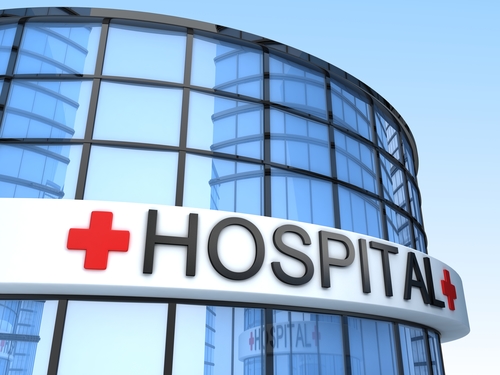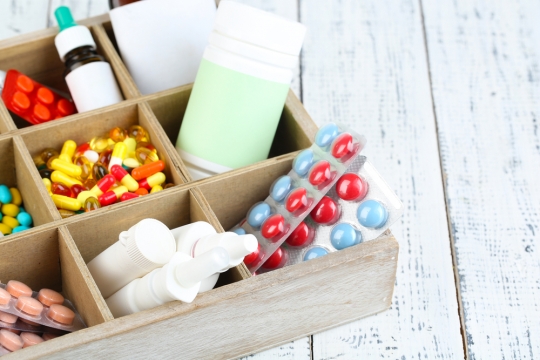A particularly daunting task in any country other than your own, regardless of whether you are visiting on a short holiday or have made a more permanent move, is trying to get medication. Perhaps you require regular medication, or perhaps it’s just a one-off, but trying to find what you need can be frustrating if the medication is marketed under a different name, and sometimes embarrassing if there’s a language barrier. No one wants to act out their ailments by way of charades in the middle of a store. So how do you go about getting the medicine that you need abroad? How do you find out what you need, and how do you ask for it?We’ve created this expat guide with some helpful tips and resources to help you do just that. We’ll give you an overview of some different healthcare systems and links to databases where you can quickly find the alternative names to medicines, along with some helpful phrases in some commonly spoken languages, to help you get your point across quickly and clearly.
Finding A Pharmacy
The sign for a pharmacy should be pretty easy to spot no matter where you are in the world. In the majority of countries, a green cross symbol is displayed on a sign outside the pharmacy, much the same as in America. In a few other countries the symbol for pharmacy may be a green snake holding a cup.
Medication Names
One of the biggest problems that Americans face when needing medication abroad is that many are sold under completely different names. Some resources such as Drugs.com or Drug Info have curated international databases of pharmaceutical drugs, listing the names they are marketed under in different countries.
If you require regular medication for a specific ongoing condition, then it’s advisable to make a list beforehand of the medicines that you take at home. Make sure you note the dosage as well, as standard dosages may differ in some countries. If you know the country you are visiting, then note down the names for the medicines in the event that you can’t get an internet connection when you need to go to the pharmacy.

It may also be a good idea for smartphone users to use the Medical ID section to display the name for the medication they are on, in the event of an emergency. This can save medical personnel a lot of crucial time if you are in a position where you are unable to convey what medication you need, or cannot remember the name of the medicine that you require in the country you are currently in.
Payments And Prescriptions
Practices vary from country to country, and what is available over the counter and by prescription can also vary. For example, almost anywhere in Southeast Asia, you can easily purchase antibiotics over the counter at any local pharmacy. Sometimes the pharmacist may ask you a few simple questions before handing them over, sometimes none at all.
However, in the UK you have to go to a GP (General Practitioner; local doctor) in order to be prescribed antibiotics, which you will then have to purchase separately from a pharmacy. In order to even make an appointment with a GP, you would first have to register with one, which you can do as a “guest patient” but this may prove tricky without a residential address. Other than that, the only other option is to go to the Accident and Emergency department of a local hospital.

In terms of payment, unless you are a citizen or eligible resident of the country you are currently in, you’ll have to pay for your medication. If you qualify as a European citizen and you’re visiting or living in Europe, then you may be able to get medication for free or a discounted price with an EHIC (European Health Insurance) card. In the UK, the National Health Service entitles people to free healthcare and relatively cheap medication.
Helpful Phrases
You’ll be surprised how far a basic phrase in some of the most commonly spoken languages can get you. Throughout most of Europe you’ll probably get by fine with English, but failing that, many European countries are multilingual. For example, you may not be able to ask for something in Dutch, but the Dutch can often speak English and German; in Switzerland many people speak both French and German. Spanish and Portuguese are very similar, so you’ll more than likely be able to get your point across interchangeably.
“Do you have / please can I have?”
French: Avez-vous ? / S’il vous plaît, puis-je avoir ?
German: Haben Sie ? / Bitte kann ich haben?
Spanish: Tienen ? / Por favor, quiero .
“I have a headache / stomach ache / earache”
French: J’ai mal à la tête / J’ai mal à l’estomac / J’ai mal aux oreilles.
German: Ich habe Kopfschmerzen / Ich habe Bauchschmerzen / Ich habe Ohrenschmerzen.
Spanish: Me duele la cabeza / Me duele la barriga / Tengo un dolor de oído.
It’s never nice feeling poorly, especially in an unfamiliar environment. Hopefully you won’t have any need for the tips from this article, but if you do, we wish you the best of luck and a speedy recovery!

